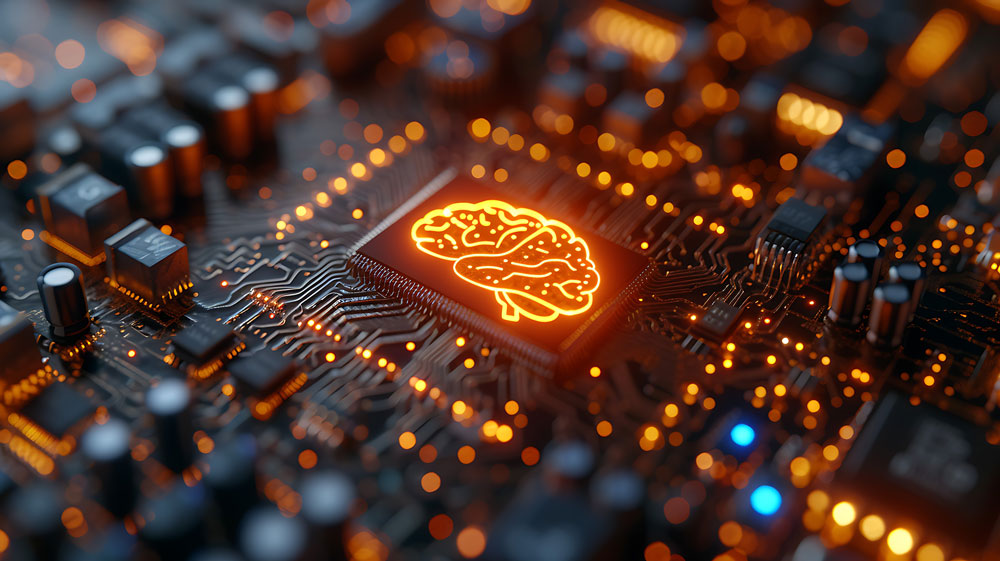
Artificial intelligence (AI) is rapidly transforming various industries, and consumer marketing is no exception. As AI technologies continue to evolve, they bring both exciting opportunities and significant challenges. The primary challenge facing the generative AI industry is finding a delicate balance between the swift commercialization of AI technologies, like OpenAI’s ChatGPT, and the increasing safety concerns associated with their advancing capabilities.
These concerns are not just limited to industry insiders; they resonate deeply with consumers as well. According to 2024 consumer trend data released by GWI, a leading audience targeting company for the global marketing industry, 60% of consumers are excited about the development of AI. However, 71% believe that AI development is progressing at a fast rate, raising questions about the implications of such rapid advancements.
In the retail and consumer packaged goods (CPG) marketing sectors, AI has already made significant strides. From product development and customer service to personalized marketing and supply chain optimization, AI is transforming the way businesses operate. One thing is certain: artificial intelligence has firmly embedded itself in our daily lives, shaping how we live, work, and interact with both people and brands.
AI in the Grocery Industry
A prime example of AI’s impact can be seen in the grocery industry. Grocery stores are leveraging AI to enhance the consumer experience by analyzing vast amounts of data collected through point-of-sale (POS) systems, e-commerce sites, and loyalty programs. This data analysis provides valuable insights that help improve the shopping experience.
Today, the most significant benefit of AI for shoppers is personalization. AI software enables grocery stores to examine a shopper’s buying patterns, such as the frequency of store visits and past purchases, to tailor promotional offers. This personalization helps shoppers navigate an overwhelming array of items, offers, and promotions—especially on mobile devices—focusing on products of interest. For grocery stores, personalization drives sales uplift and fosters customer loyalty.
CPG brands also reap the benefits of personalization by increasing sales through relevant and timely offers, enhancing brand awareness, and improving marketing efficiency. For more insights on how AI is revolutionizing the grocery industry, I recommend reading this article from Oracle.
Top 5 Ways CPG Companies Use AI
Generative AI is also being utilized in various innovative ways within the CPG industry. Here are the top five applications:
- Demand Forecasting: AI examines historical data, monitors market trends, and considers external variables (e.g., weather, holidays) to make precise product demand predictions.
- Supply Chain Optimization: AI aids in logistics and inventory management, ensuring efficient operations.
- Product Innovation: AI analyzes consumer feedback and trends, rapidly iterating product designs, and simulating consumer responses to innovate effectively.
- Customer Service: AI-powered chatbots and virtual assistants reduce the workload on customer service teams, providing quick and efficient support.
- Personalization: AI delivers relevant and timely offers to consumers, enhancing brand awareness and improving marketing efficiency.
As AI continues to evolve, its integration into consumer marketing will only deepen, offering even more sophisticated tools and strategies for businesses to connect with their audiences. However, it is crucial for companies to navigate this landscape thoughtfully, balancing innovation with ethical considerations and consumer trust.
The future of AI in consumer marketing is bright, with endless possibilities for enhancing customer experiences, driving business growth, and fostering brand loyalty. By staying informed and adaptable, businesses can harness the full potential of AI, turning challenges into opportunities and ensuring a sustainable, consumer-centric approach to marketing.
In conclusion, while the journey of integrating AI into consumer marketing is filled with both excitement and challenges, the potential rewards are immense. Embracing AI with a strategic and ethical mindset will be key to unlocking its full potential and achieving long-term success in the ever-evolving marketing landscape.









